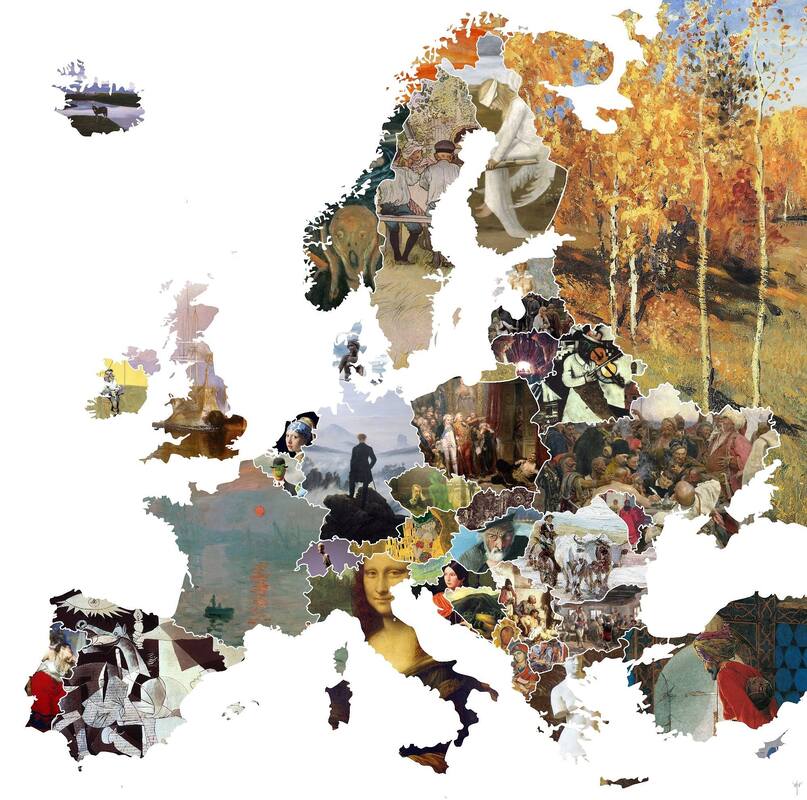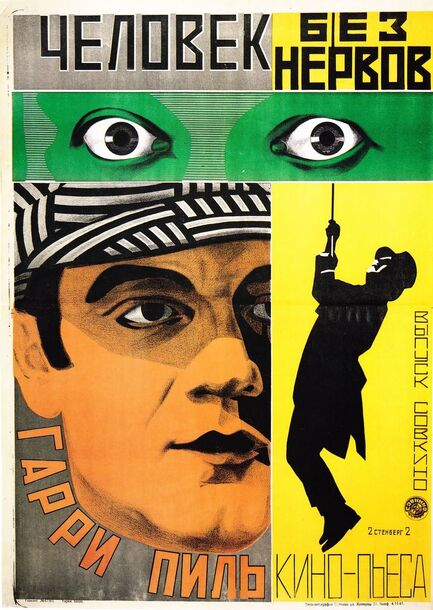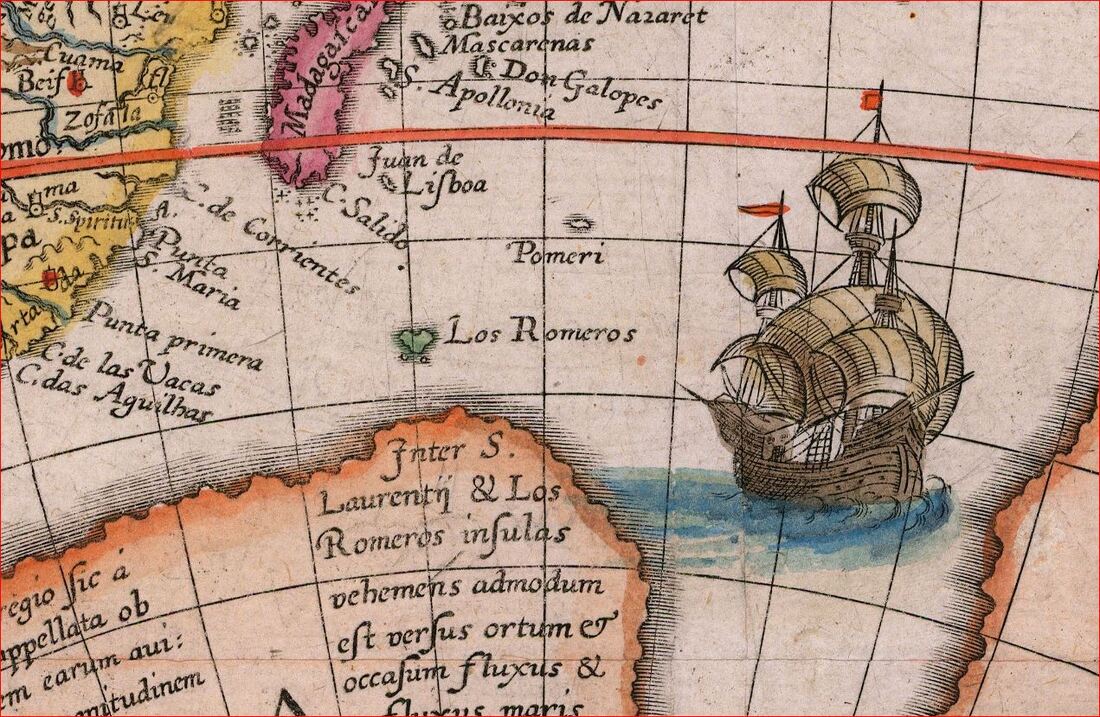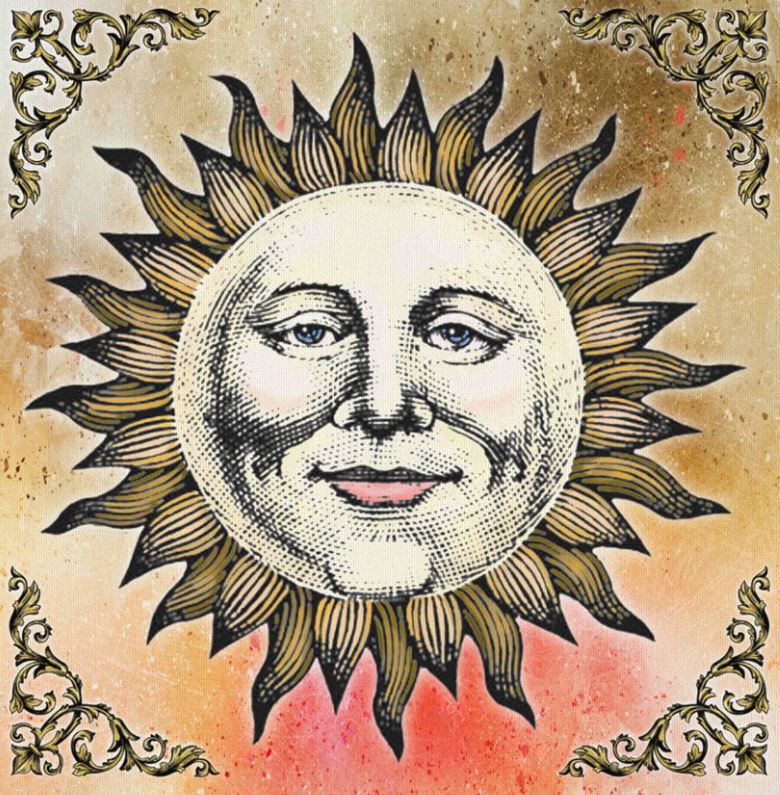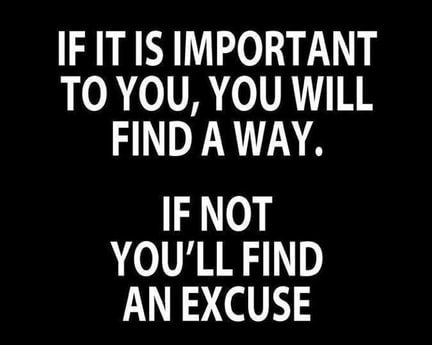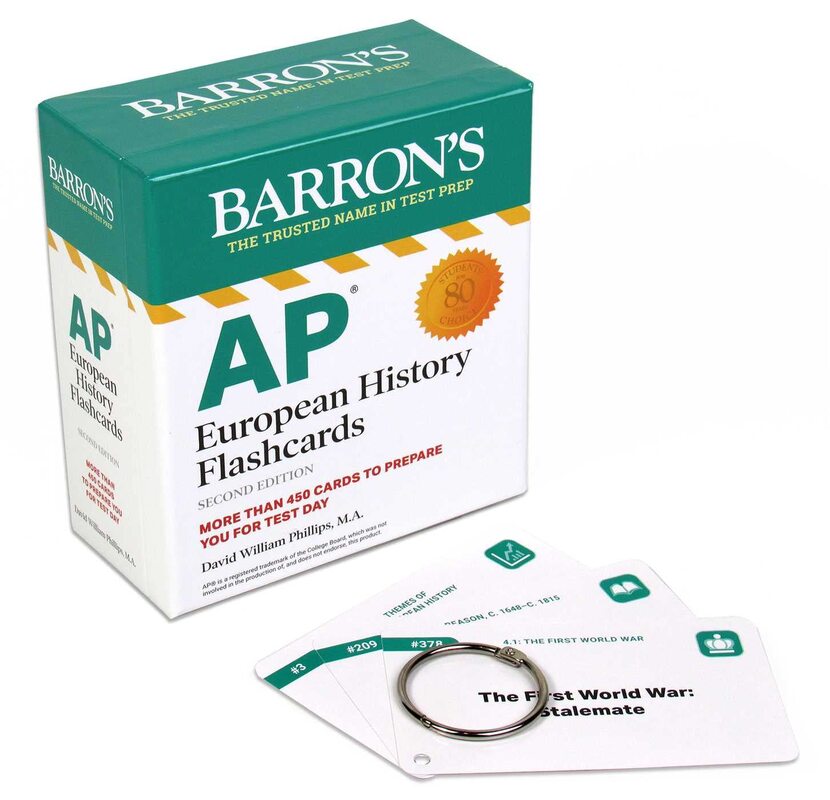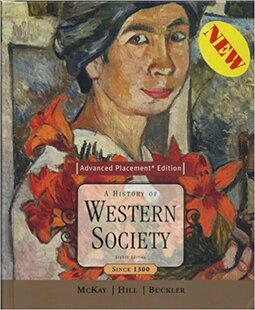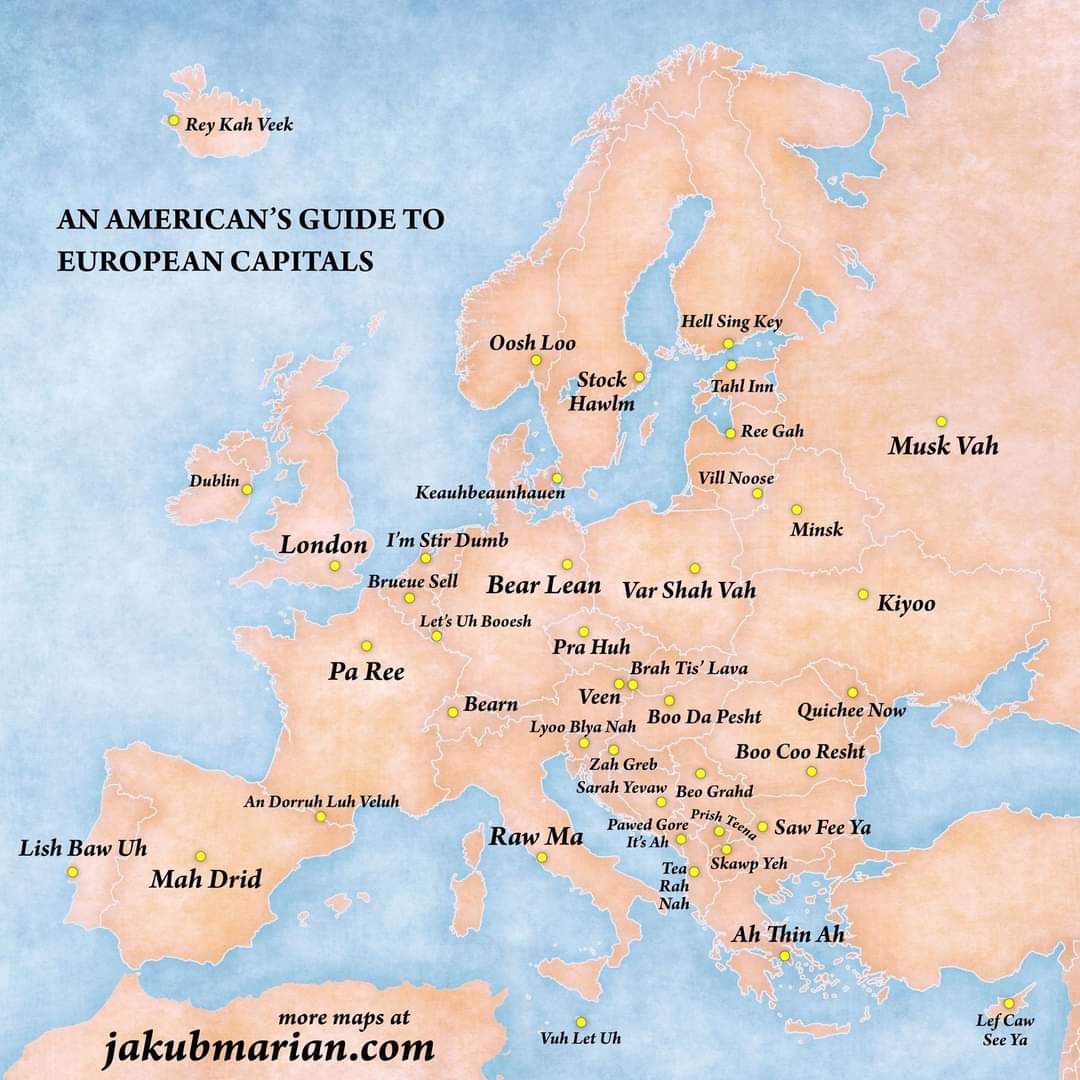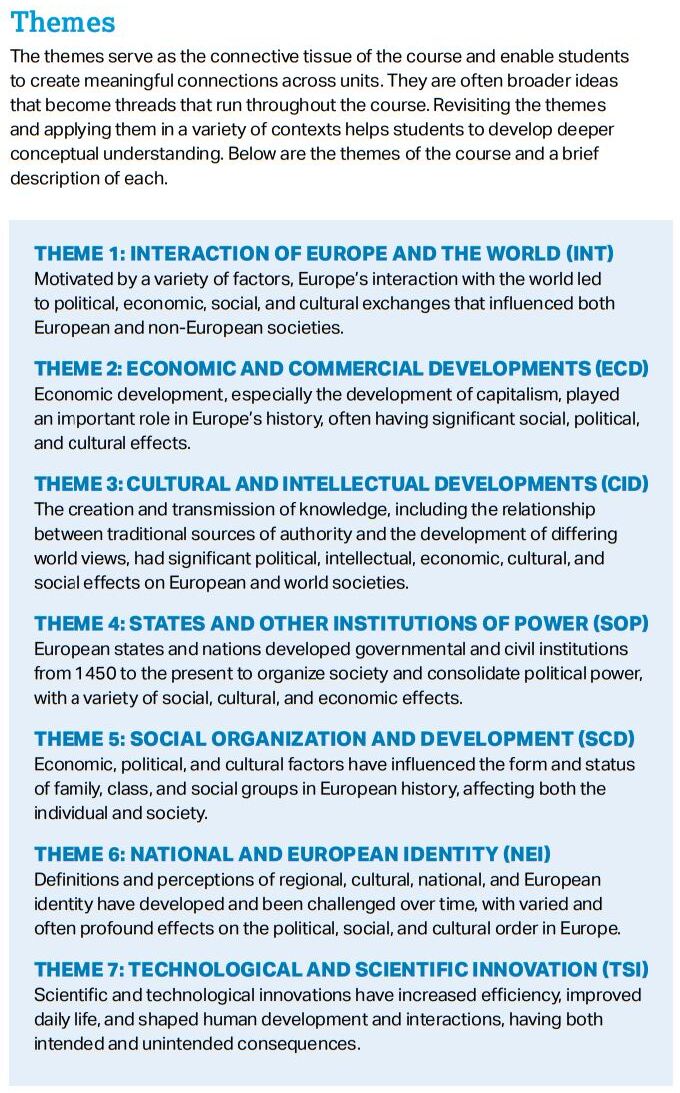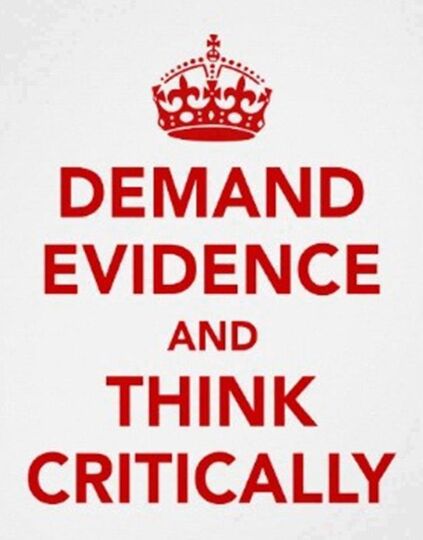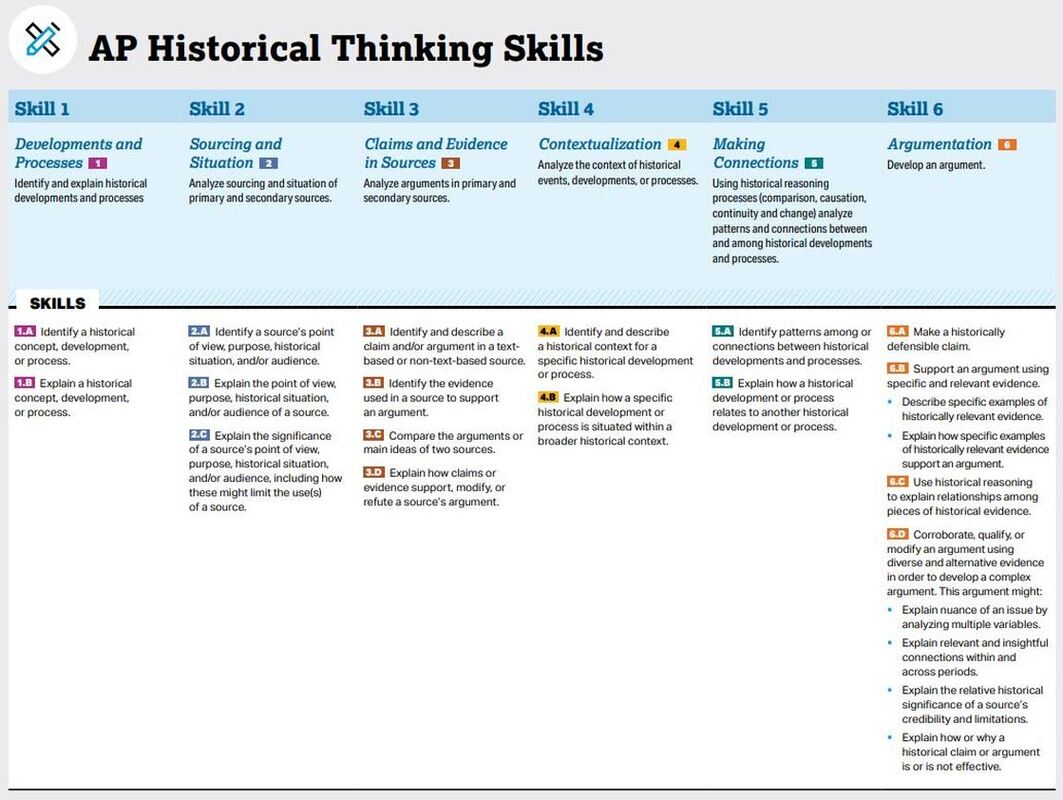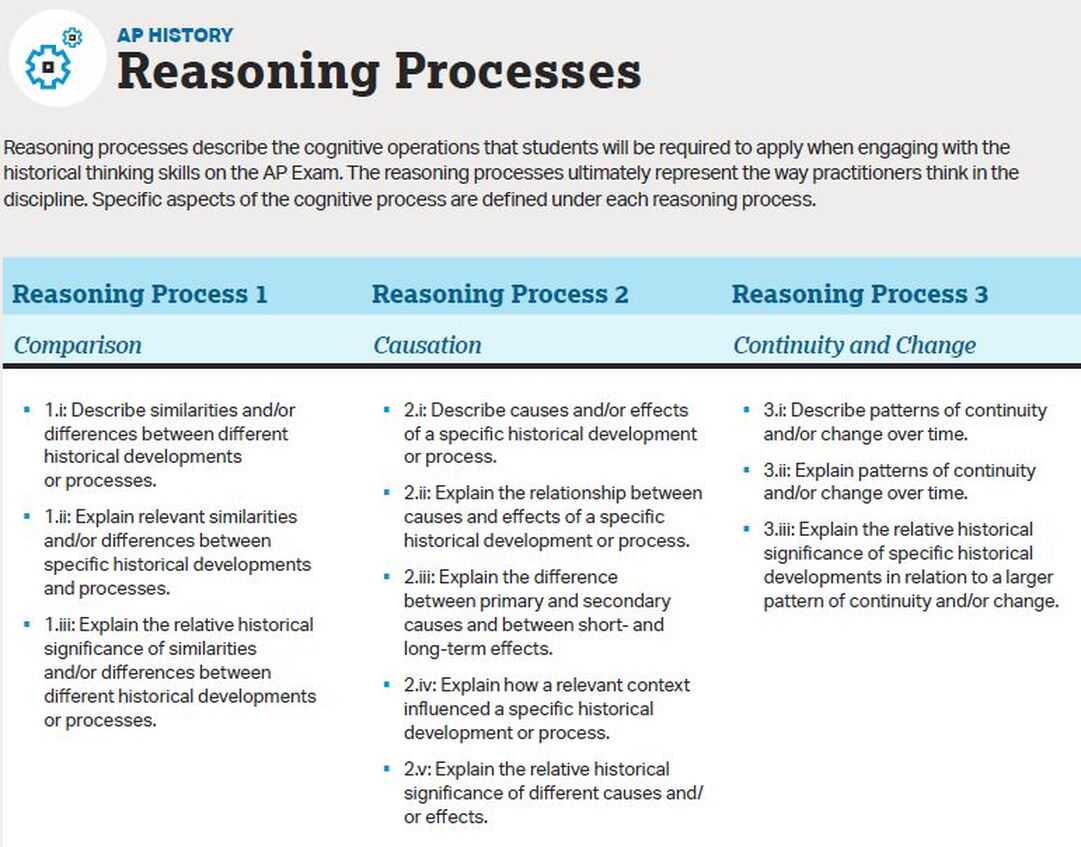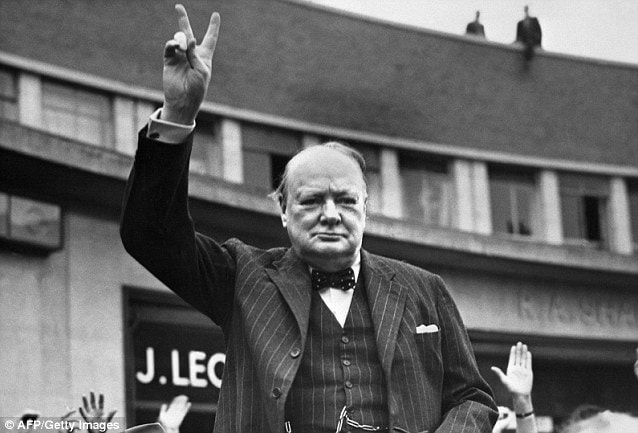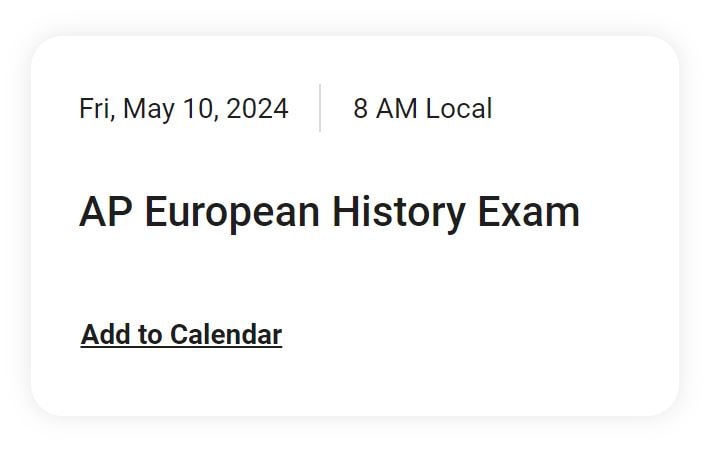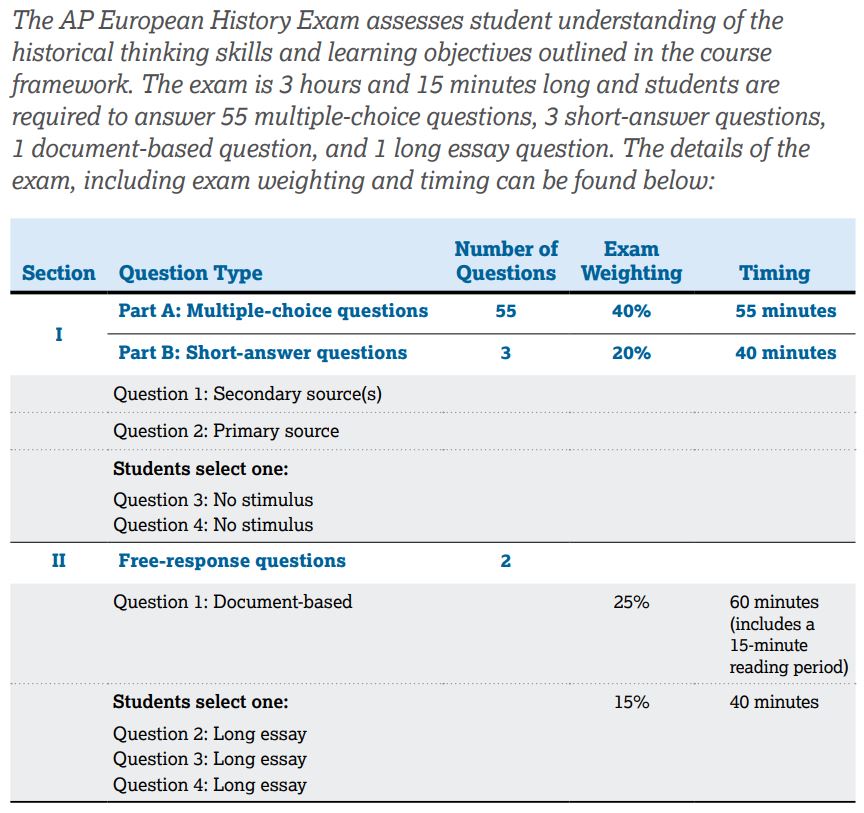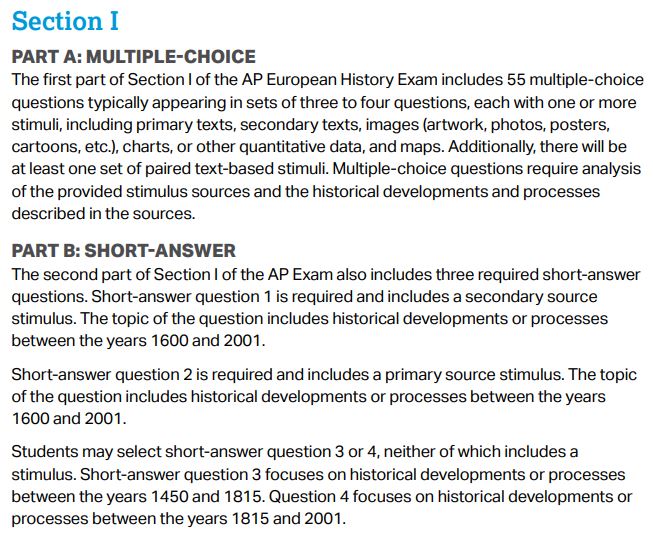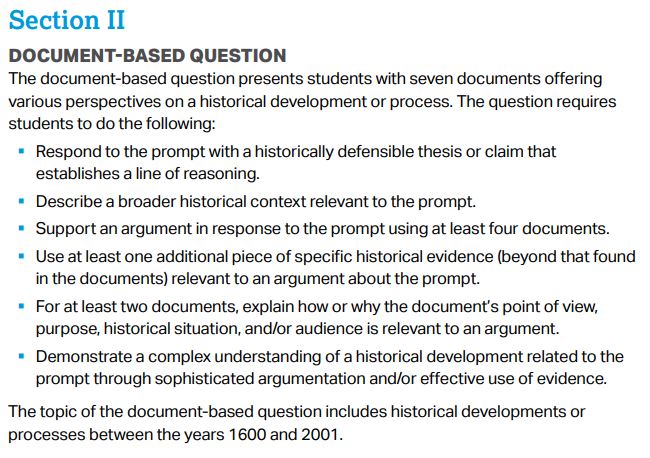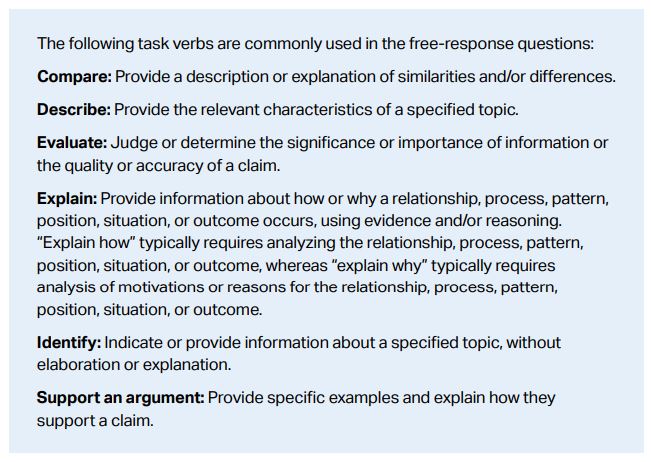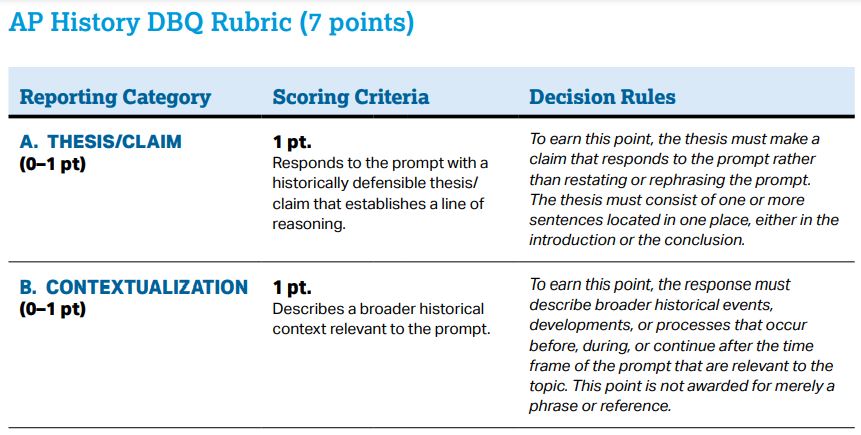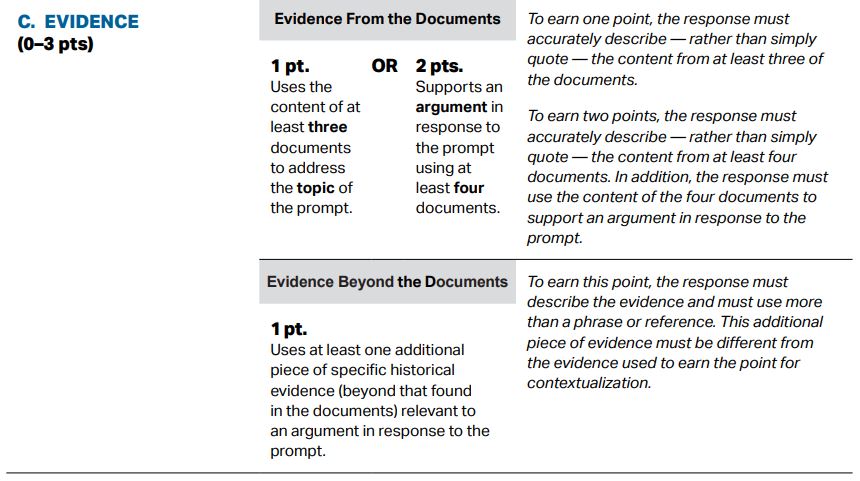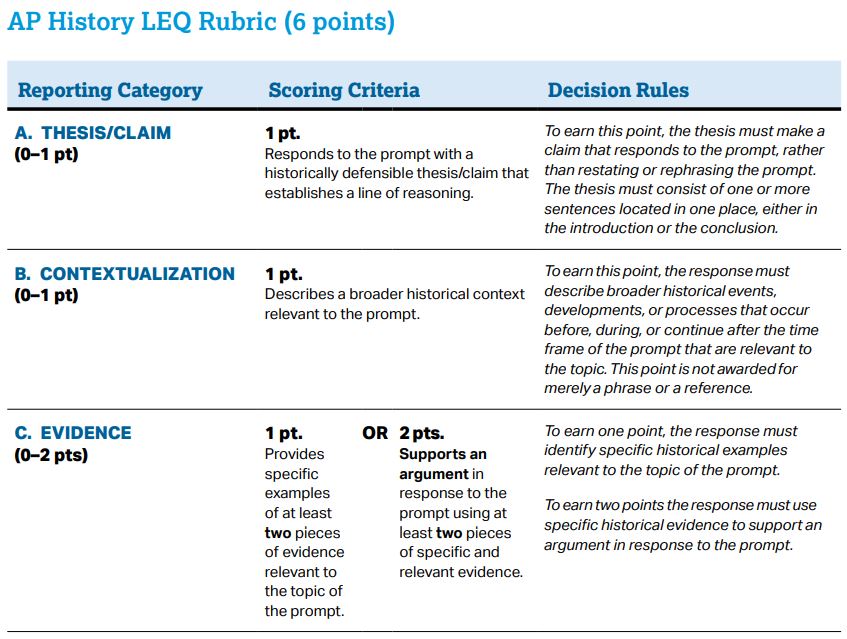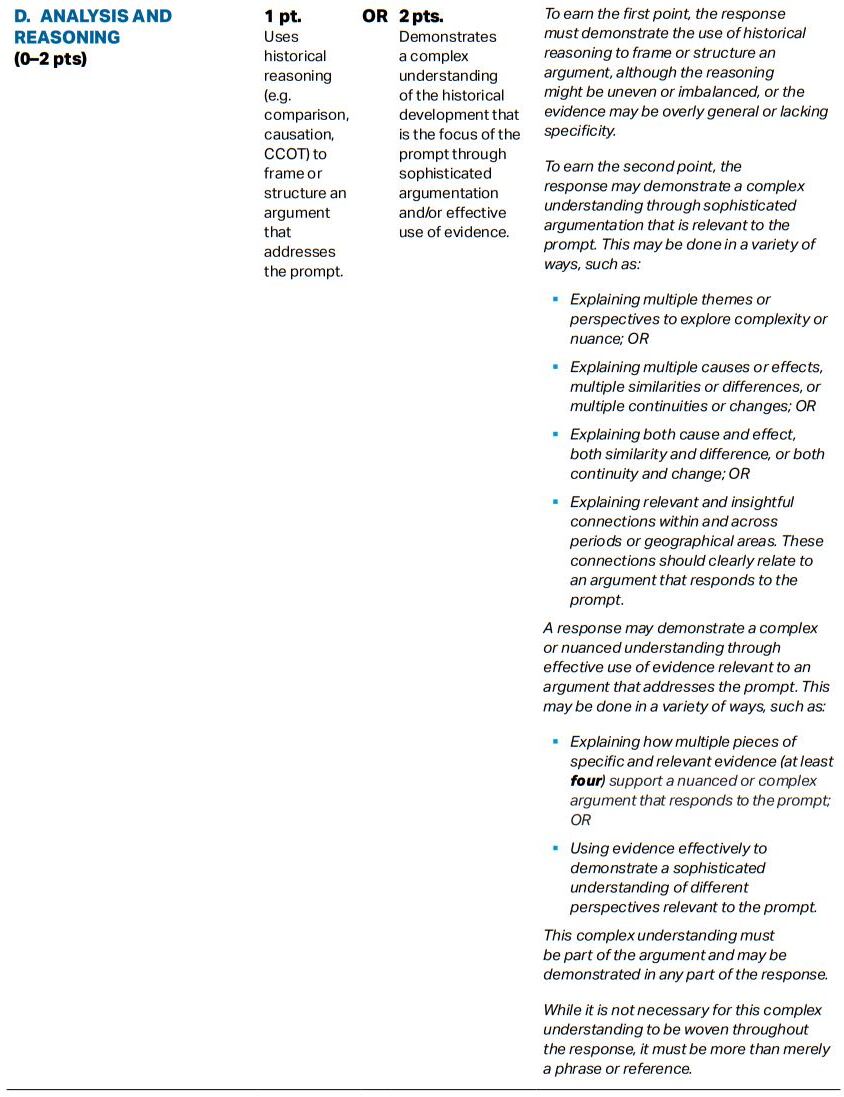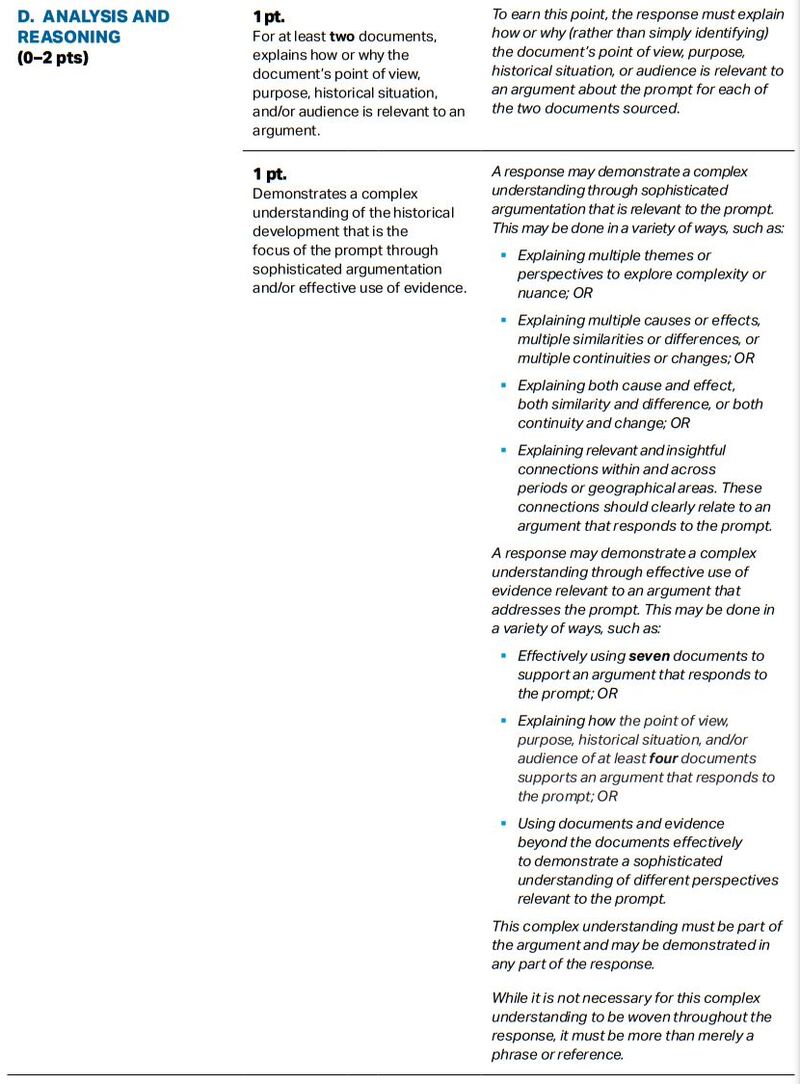AP European History
Course Introduction
|
AP EUROPEAN HISTORY (AP Euro) provides a university-level survey of Modern European History from the Late Middle Ages to Today.
Click here for the official College Board course description. |
Contents
|
Poster for Man with a Movie Camera (1929), an experimental silent film following ordinary daily life in Soviet Russia while celebrating the city's modernity.
|
Course Goals
- Learn the basic chronology of major events and trends in modern European History.
- Understand the seven principal themes in modern World History:
- Europe and the World – Concerns political, economic, social, and cultural exchanges that influenced both European and non-European societies.
- Economics – Concerns the effects of economic developments, especially capitalism.
- Culture – Concerns the creation and transmission of knowledge.
- Power – Concerns development of governmental and civil institutions to organize society and consolidate political power.
- Society – Concerns family, class, and social group dynamics.
- Identity – Concerns perceptions of regional, national, and European identities.
- Science – Concerns the intended and unintended consequences of scientific and technological advances.
- Develop historical thinking skills and reasoning processes:
- Developments and Processes – Identity and explain historical developments and processes and turning points.
- Sourcing and Situation – Analyze sourcing and situation of primary and secondary sources.
- Claims and Evidence in Sources – Analyze arguments in primary and secondary sources.
- Contextualization – Analyze the context of historical events, developments, or processes.
- Making Connections – Use historical reasoning to analyze patterns and connections between and among historical developments and processes.
- Argumentation – Support an argument using specific and relevant evidence.
- Comparison – Compare historical developments within a society or between societies separated by time and/or space.
- Causation – Identify, analyze, and evaluate short- and long-term historical causes and effects.
- Continuity and Change – Describe, compare, and evaluate historical developments within a society or between societies separated by time and/or space.
Summer Assignment
|
RECOMMENDED READINGS
These textbook selections provide a thorough background of European History from antiquity through the Middle Ages.
First, read “The West Before 1300” from The Western Heritage Since 1300 by Kagan, Ozment, and Turner.
Next, read “Chapter 12: The Crisis of the Later Middle Ages” from A History of Western Society by McKay, Hill, and Buckler.
These textbook selections provide a thorough background of European History from antiquity through the Middle Ages.
First, read “The West Before 1300” from The Western Heritage Since 1300 by Kagan, Ozment, and Turner.
- Respond to the seven review questions on page lxxvii of the reading.
- The response to each question should be 100-150 words in MLA format.
- Write clearly and concisely using detailed evidence from the text.
Next, read “Chapter 12: The Crisis of the Later Middle Ages” from A History of Western Society by McKay, Hill, and Buckler.
- Respond to the six preview questions on page 379 of the reading.
- The response to each question should be 100-150 words in MLA format.
- Write clearly and concisely using detailed evidence from the text.
|
| ||||||||||||
Expectations, Rules, and Grading
EXPECTATIONS
- Be kind. Act interested. Follow directions.
- Sit only in your assigned seat.
- Polite, civil behavior is expected! This includes but is not limited to:
- Using respectful language. Profanity, racist, sexist, homophobic, transphobic, nativist, or other offensive comments will not be tolerated. Public education is open to all members of the public, and everyone is welcome.
- Using formal academic English language when writing, including proper capitalization, punctuation, and spelling to ensure your message is communicated effectively.
- Food and drinks are not permitted.
- Only one individual may use the restroom at a time. Students must sign-out as they exit and sign-in as they return.
- Electronic devices must be put away when instructed to do so.
- Earbuds and headphones are not permitted. I need to know you can hear me when I speak.
- Electronics are to be used for academic purposes only.
- Electronics will be confiscated if a student is playing games, watching videos, or otherwise using a device for any purpose other than schoolwork.
- Your participation is essential to success! This means:
- Read everything thoroughly for detail!
- Log into Canvas daily and follow the latest directions in the classroom stream.
- Check WCPSS email daily. Answer messages within 24 hours or less.
- Adhere to the semester schedule without falling behind or working ahead. Keep up with readings and assignments, study vocabulary, and watch assigned videos.
- Submit work only to Canvas. Assignments that are emailed, shared only on Google Drive, or sent through another app will not be accepted.
GRADING
|
GRADING SCALE
A: 100-90%
B: 89-80% C: 79-70% D: 69-60% F: 59-0% |
QUARTER GRADES
55% = Exams
20% = Quizzes 15% = Essays 10% = Projects |
COURSE GRADE
40% = Q1
40% = Q2 20% = FINAL EXAM |
|
LATE WORK POLICY
|
MLA FORMATTING
General Guidelines
Formatting the First Page of Your Paper
Citation Tools
- Double-space the text of your paper, and use a legible serif font (e.g. Times New Roman, Bookman Old Style, Perpetua, Garamond, or another) in 12 pt. font size.
- Leave only one space after periods or other punctuation marks.
- Set margins to 1 inch on all sides.
- Indent the first line of paragraphs one half-inch from the left margin. MLA recommends that you use the Tab key as opposed to pushing the Space Bar five times.
- Create a header that numbers all pages consecutively in the upper right-hand corner, one-half inch from the top and flush with the right margin.
Formatting the First Page of Your Paper
- Do not make a title page for your paper unless specifically requested.
- In the upper left-hand corner of the first page, list your name, your instructor's name, the course, and the date. Again, be sure to use double-spaced text.
- Double space again and center the title. Do not underline, italicize, or place your title in quotation marks; write the title in Title Case (standard capitalization), not in all capital letters.
- Double space between the title and the first line of the text.
- Create a header in the upper right-hand corner that includes your last name, followed by a space with a page number; number all pages consecutively with Arabic numerals (1, 2, 3, 4, etc.), one-half inch from the top and flush with the right margin. (Note: Your instructor or other readers may ask that you omit last name/page number header on your first page. Always follow instructor guidelines.)
Citation Tools
|
MLA FORMAT FOR ESSAYS AND RESEARCH PAPERS
Your browser does not support viewing this document. Click here to download the document.
|
MLA FORMATTED SAMPLE PAPER
Your browser does not support viewing this document. Click here to download the document.
| ||||||||||||
MLA FORMAT TEMPLATE
Your browser does not support viewing this document. Click here to download the document.
| mla_template_for_ap_european_history.docx | |
| File Size: | 21 kb |
| File Type: | docx |
Core Documents
AP Euro Syllabus
Your browser does not support viewing this document. Click here to download the document.
| ap_euro_syllabus_f23.pdf | |
| File Size: | 353 kb |
| File Type: | |
AP Euro Schedule - revised 09/14/23
Your browser does not support viewing this document. Click here to download the document.
| ap_euro_fall_2023_schedule_rev._09.14.23.pdf | |
| File Size: | 629 kb |
| File Type: | |
Where is Europe?
Your browser does not support viewing this document. Click here to download the document.
| where_is_europe.pdf | |
| File Size: | 237 kb |
| File Type: | |
Map of Europe Assignment
Your browser does not support viewing this document. Click here to download the document.
| map_of_europe_assignment_4.pdf | |
| File Size: | 416 kb |
| File Type: | |
"What is History?"
| what_is_history_-_mahoney_4.pdf | |
| File Size: | 1506 kb |
| File Type: | |
"Why Study History?"
| why_study_history_-_mahoney_4.pdf | |
| File Size: | 1407 kb |
| File Type: | |
Classic Five Paragraph Essay Guide
| classic_5_paragraph_essay_4.pdf | |
| File Size: | 136 kb |
| File Type: | |
FRQ Construction Worksheet
| frq_essay_construction_worksheet_4.pdf | |
| File Size: | 53 kb |
| File Type: | |
DBQ Construction Worksheet
| dbq_construction_worksheet_4.pdf | |
| File Size: | 75 kb |
| File Type: | |
Document Analysis Worksheet
| document_analysis_worksheet_4.pdf | |
| File Size: | 45 kb |
| File Type: | |
Analyzing POV Guide
| analyzing_pov_4.pdf | |
| File Size: | 120 kb |
| File Type: | |
Texts
|
Barron's AP European History Flashcards
|
|
A History of Western Society
|
Course Themes
Historical Thinking
College Board Exam Information
REVIEW GUIDES
|
Your browser does not support viewing this document. Click here to download the document.
|
Your browser does not support viewing this document. Click here to download the document.
| ||||||||||||
Media Recommendations
See here for recommended books, games, movies, and TV shows related to modern European history.
